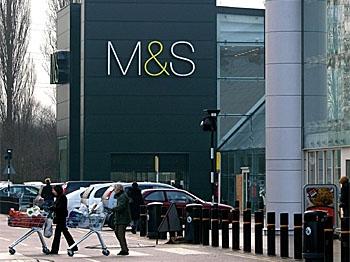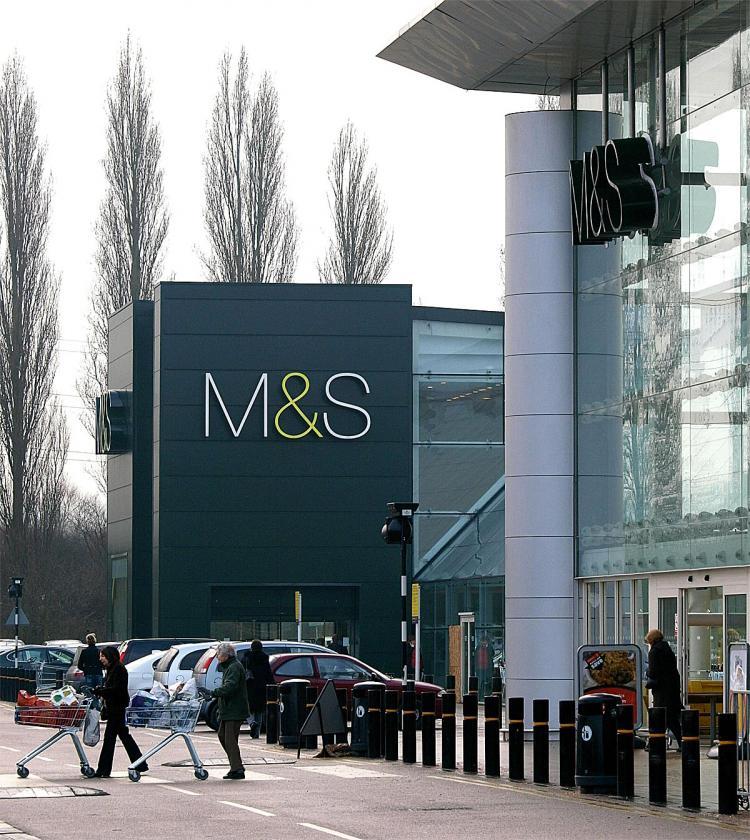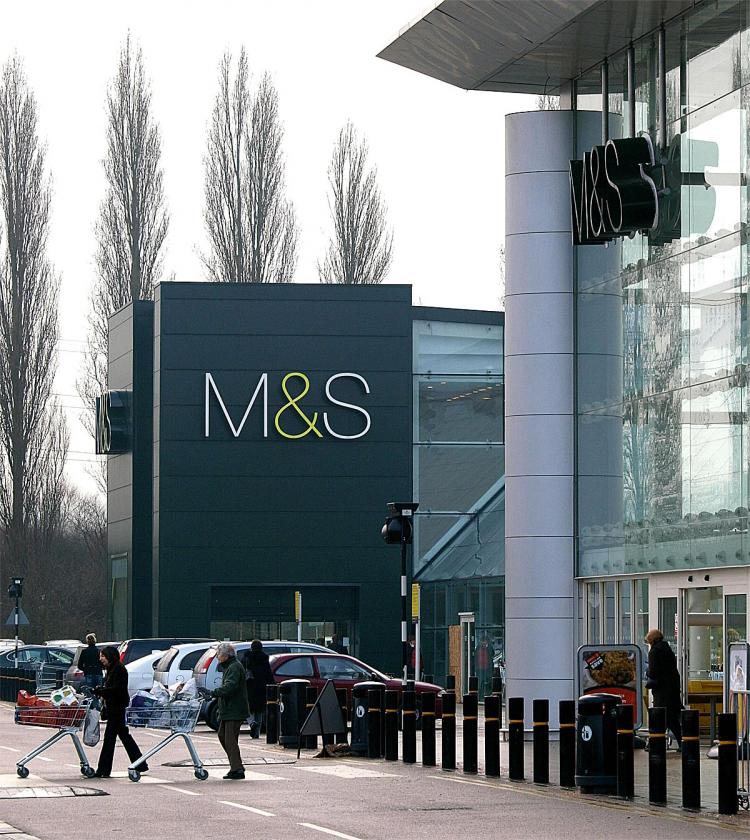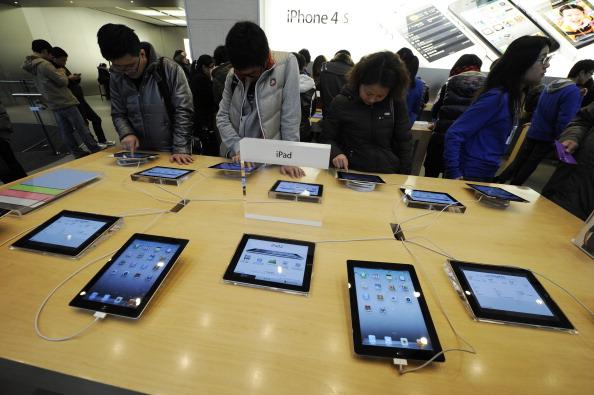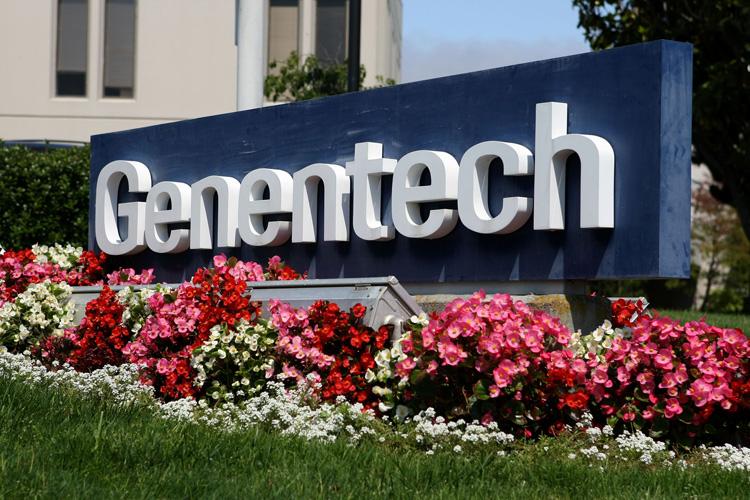British retailer Marks & Spencer (M&S) is being taken to court by Interflora in Europe because the department store is taking advantage of Google searches that are connected to the international flower retailer’s website.
The U.K.’s largest clothing retailer Marks and Spencer Group Plc paid to have keywords associated with its own flower business on the Google Internet platform. Basically when particular words such as “interflora” are typed in, users would see the M&S logo under the search engine’s “sponsored links” section.
This latest case shares many similarities with the legal claims from LVMH Moet Hennessy Louis Vuitton SA, the world’s largest luxury-goods maker, against Google. In that instance, the French-owned LVMH argued that the promotion of third party retailers through sponsored search results was not legally sound and undermined their brand and business. However LVHM failed in the court case and Google won in March.
The lawsuit by Interflora—which is known as the world’s largest flower delivery network—has some major differences to the LVMH case. M&S’s Internet marketing with Google’s sponsored links through its “AdWords” technology poses as a direct competitor, whereby Google is able to channel business to M&S when users attempt to search for Interflora’s website.
Moreover, Inteflora is accusing M&S of deliberately taking away its business, because certain keywords were purchased. Whereas in the case of LVMH the accusation against Google was targeting its use of particular word searches, which LVMH had to prove it owned based on the grounds of its trademark-protection.
The accusations from Interflora have been referred to as “ambush marketing.” This has occurred in various contexts. For example, large sporting events are also prone to this situation. The recent World Cup also faced the predicament of an outburst of companies trying to capitalize on keyword searches that will appear in the sponsored links section on the Google search engine.
UTakeMarketing.com summarizes the case accordingly, “Were Interflora to win this battle, it would set a precedent, with a number of advertisers likely to follow suit. Online marketers meanwhile will be waiting with bated breath. A ruling in favor of Interflora could see them frantically having to review their AdWords accounts.”
Google has not responded to the Interflora case, but in a posted blog regarding the LVMH decision, Google stated that the “user interest is best served by maximizing the choice of keywords” and their “guiding principle has always been that advertising should benefit users.”
The U.K.’s largest clothing retailer Marks and Spencer Group Plc paid to have keywords associated with its own flower business on the Google Internet platform. Basically when particular words such as “interflora” are typed in, users would see the M&S logo under the search engine’s “sponsored links” section.
This latest case shares many similarities with the legal claims from LVMH Moet Hennessy Louis Vuitton SA, the world’s largest luxury-goods maker, against Google. In that instance, the French-owned LVMH argued that the promotion of third party retailers through sponsored search results was not legally sound and undermined their brand and business. However LVHM failed in the court case and Google won in March.
The lawsuit by Interflora—which is known as the world’s largest flower delivery network—has some major differences to the LVMH case. M&S’s Internet marketing with Google’s sponsored links through its “AdWords” technology poses as a direct competitor, whereby Google is able to channel business to M&S when users attempt to search for Interflora’s website.
Moreover, Inteflora is accusing M&S of deliberately taking away its business, because certain keywords were purchased. Whereas in the case of LVMH the accusation against Google was targeting its use of particular word searches, which LVMH had to prove it owned based on the grounds of its trademark-protection.
The accusations from Interflora have been referred to as “ambush marketing.” This has occurred in various contexts. For example, large sporting events are also prone to this situation. The recent World Cup also faced the predicament of an outburst of companies trying to capitalize on keyword searches that will appear in the sponsored links section on the Google search engine.
UTakeMarketing.com summarizes the case accordingly, “Were Interflora to win this battle, it would set a precedent, with a number of advertisers likely to follow suit. Online marketers meanwhile will be waiting with bated breath. A ruling in favor of Interflora could see them frantically having to review their AdWords accounts.”
Google has not responded to the Interflora case, but in a posted blog regarding the LVMH decision, Google stated that the “user interest is best served by maximizing the choice of keywords” and their “guiding principle has always been that advertising should benefit users.”
